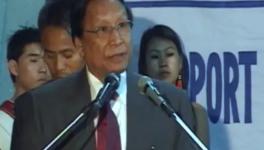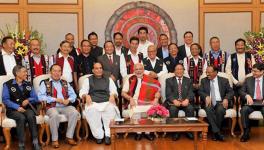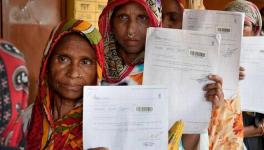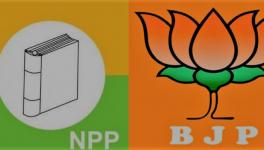Will the RIIN Affect the NSCN(IM)’s ‘Greater Nagalim’?
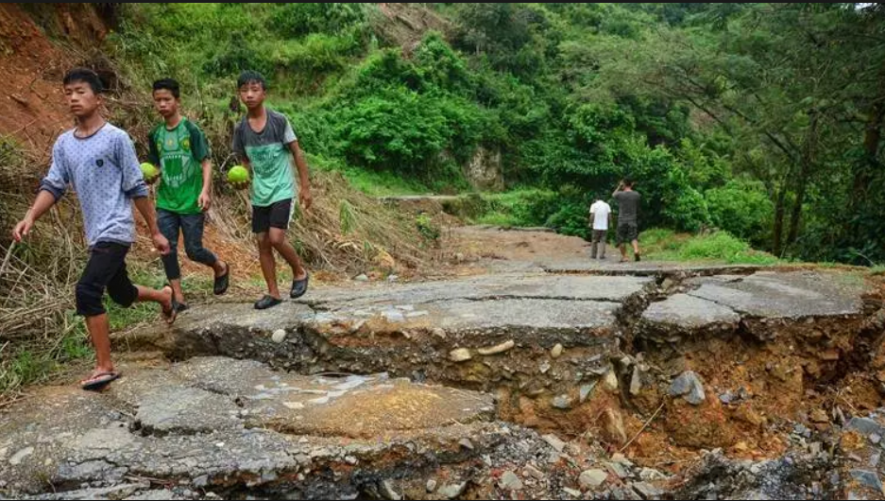
The National Socialist Council of Nagaland (Isak Muivah) (NSCN(IM)) was reported to have slammed the government of Nagaland’s decision to create a Register of Indigenous Inhabitants of Nagaland (RIIN). It is not surprising on two accounts that the NSCN(IM) would have such a reaction. Firstly, because as they have put it, it will only divide the Naga movement. Secondly, within the NSCN(IM), several of its top leaders are Tangkhul Nagas, i.e. they are from Manipur. Since Nagaland is a separate state even if Nagas were to come from Arunachal Pradesh, Assam or Manipur, they would not feature in the RIIN, whereas the original 1977 notification has made the criteria so broad that many non-Nagas can also qualify as indigenous inhabitants. This would certainly irk the NSCN(IM) as much as the formation of the state of Nagaland did in 1963.
With regard to the undivided NSCN’s formation according to Kaka D Iralu’s book, Nagaland and India: the Blood and the Tears, the NSCN appears to have been created when several members of the Naga National Council (NNC) opposed the Shillong Accord in 1975. Isak Chisi Swu and Thuingaleng Muivah had earlier evaded capture and crossed the border into Myanmar. There, they met up with Shangwang Shangyung Khaplang, who was a member of the Burmese unit of the NNC. The three opposed the Shillong Accord which they saw as a betrayal and hence the NSCN was born. The result on the Indian side of the border was a long period of bloodletting and fratricidal killings as both the Accordists as well as the Non-Accordists sought to impose their will on their respective rival camps. The Accord was considered illegitimate by the NSCN as it carved out a separate Naga territory that did not encompass all of the Naga people. This has been a feature of the NSCN despite the split in the organisation in the 1980s creating the NSCN(IM) with Isak and Muivah on one side and the Khaplang faction, NSCN(K) on the other.
What emerges from the NSCN(IM)’s position on the RIIN appears to be that the organisation does not even consider the Indian state of Nagaland to be a legitimate political entity. Considering the 22 years old peace talks between the Government of India and the NSCN(IM), there appears to be a sense that the government of the Indian state of Nagaland is treated as a caretaker or a lame duck government, and once an Accord is signed, then the NSCN(IM) will assume the role of governance. With territorial integration being one of the longstanding demands, even if a compromise agreement is reached between the neighbouring states with Naga populations, the RIIN could come in the way.
In this background, the RIIN exercise will either become a futile activity or become a spanner in the work towards the NSCN(IM)’s ‘Greater Nagalim’. However, critics may point out that the NSCN(IM)’s decision to negotiate with the Government of India and scale back the original Naga demand of a Nagalim encompassing both the Myanmarese side as well as the Indian side has also had a dividing effect on the movement.
On another note, considering that the NSCN(IM) has been in talks with the Government of India since 1997, they have negotiated with three different ruling coalitions. The most that has been able to come out of 22 years of negotiations is a tenuous ceasefire where both the organisations and the security forces periodically blaming each other for violating it. If for argument’s sake one were to consider the NSCN(IM)’s position on the RIIN, the practical problem is that one has no idea when the final agreement will be inked. The government of Nagaland is bound to perform its duties as per the Constitution. Hence, treating every government of Nagaland as some sort of ‘caretaker government’ until the final agreement is made does not make sense as it will be the ordinary people far from the corridors of power who will pay the price.
Get the latest reports & analysis with people's perspective on Protests, movements & deep analytical videos, discussions of the current affairs in your Telegram app. Subscribe to NewsClick's Telegram channel & get Real-Time updates on stories, as they get published on our website.









